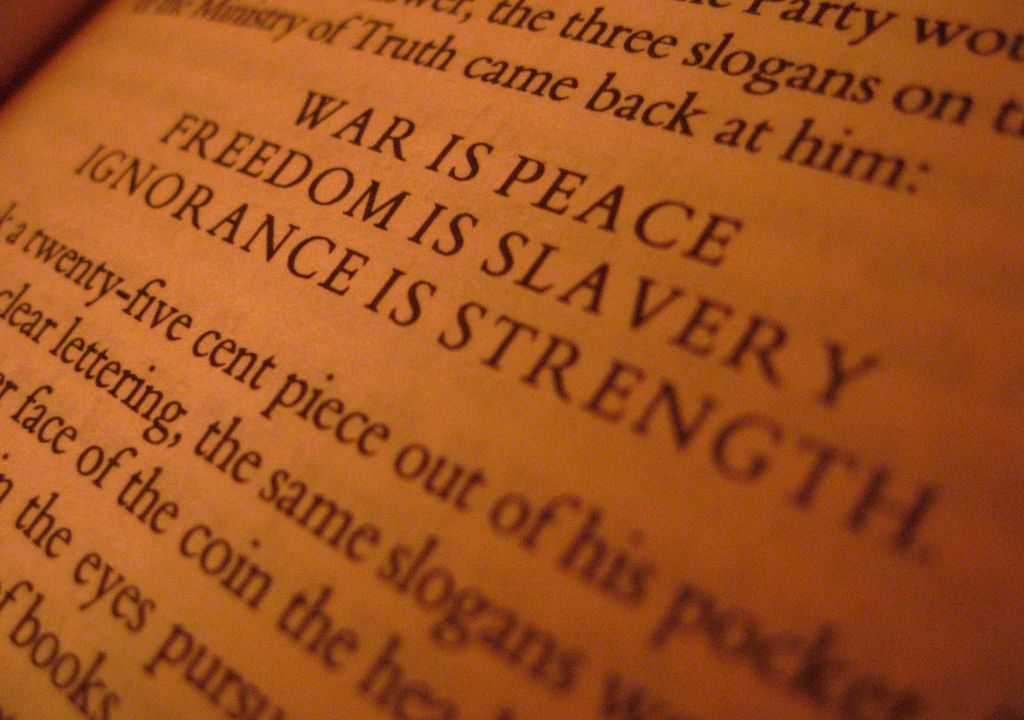In a strange but revealing way, popular culture and politics intersected soon after Donald Trump first assumed the presidency of the United States: George Orwell’s dystopian novel, 1984, surged as the No. 1 best-seller on Amazon both in the United States and Canada.
This followed two significant political events. First, Kellyanne Conway, Trump’s adviser, echoing the linguistic inventions of Orwell’s Ministry of Truth, coined the term “alternative facts” to justify why press secretary Sean Spicer lied by advancing disproved claims about the size of Trump’s inauguration crowd.
Second, almost within hours of his presidency, Trump penned a series of executive orders that compelled Adam Gopnik, a writer for the The New Yorker, to rethink the relevance of 1984. He had to go back to Orwell’s book, he writes, “Because the single most striking thing about [Trump’s] matchlessly strange first week is how primitive, atavistic and uncomplicatedly brutal Trump’s brand of authoritarianism is turning out to be.”

